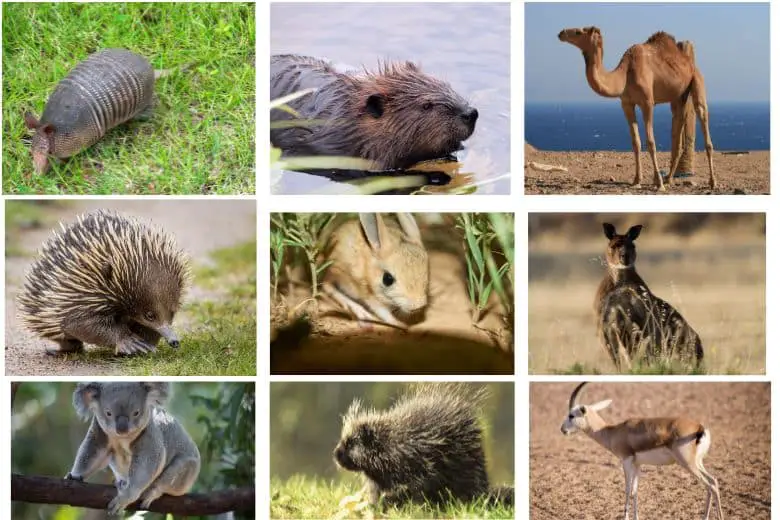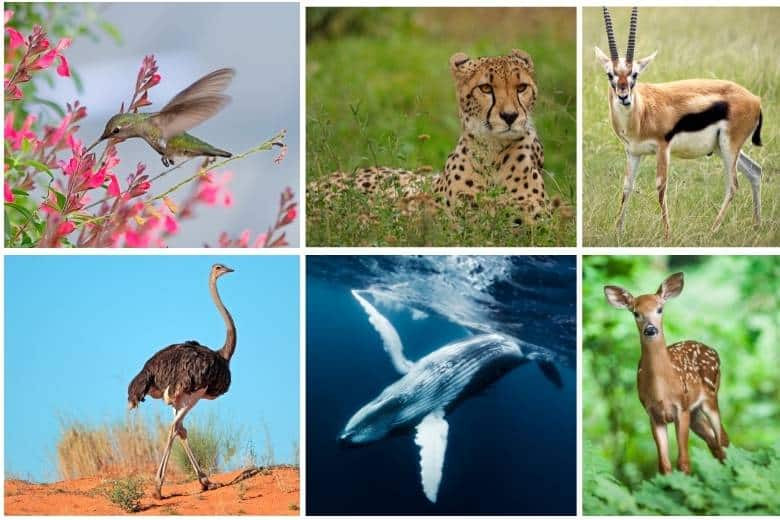Crocodiles are one of the most feared and fascinating creatures on the planet. They are apex predators and are known to be powerful hunters, able to take down prey much larger than themselves. However, despite their formidable reputation, crocodiles are not invincible, and they do have natural predators in the wild. Understanding the predation dynamics of crocodiles is important for their conservation, as well as for the health of the ecosystems in which they live.
In this blog post, we will explore the natural predators of crocodiles and the implications of crocodile predation for conservation efforts. We will also examine the human threats facing crocodiles and strategies for mitigating those threats.
By the end of this post, readers will have gained a deeper understanding of the complex interplay between predators and prey in the animal kingdom and the importance of protecting these magnificent creatures.
Crocodiles as Apex Predators
Crocodiles are considered to be apex predators, which means they are at the top of the food chain in their ecosystems. They are powerful hunters that can take down a variety of prey, including fish, birds, mammals, and even other reptiles. Crocodiles have several physical characteristics that make them effective predators, such as their sharp teeth, strong jaws, and excellent eyesight. They are also known for their patience, often lying in wait for hours or even days to ambush their prey.
Crocodiles have a reputation for being aggressive, but in reality, they usually only attack when they feel threatened or hungry. However, when they do attack, they can be deadly. Crocodiles are responsible for hundreds of human deaths each year, particularly in areas where humans and crocodiles share the same habitat.
Despite their fearsome reputation, crocodiles are not invincible, and they do have natural predators in the wild. Understanding the predation dynamics of crocodiles is important for their conservation and for maintaining the balance of the ecosystems in which they live. In the following section, we will explore the natural predators of crocodiles in more detail.
Natural Predators of Crocodiles
Crocodiles are powerful predators that are able to take down a variety of prey. However, they are not invincible and can be preyed upon by other animals in the wild. While natural predation of crocodiles is relatively rare, it still plays an important role in maintaining the balance of ecosystems.
One of the most well-known predators of crocodiles is the large carnivore. Lions, jaguars, and tigers have been known to prey on crocodiles, particularly when they are young or weak. These big cats are powerful and agile, allowing them to take down even the largest of crocodiles. In some cases, large carnivores may target adult crocodiles, particularly if the crocodile is injured or sick.
Another predator of crocodiles is the otter. Some species of otters, such as the smooth-coated otter, are known to prey on small crocodiles. Otters are fast and agile in the water, allowing them to outmaneuver their prey. They will often target young or weak crocodiles that are easier to catch.
Monitor lizards are also known to prey on crocodile eggs and young hatchlings. These lizards are quick and agile, allowing them to evade the defensive maneuvers of adult crocodiles. While they are not able to take down adult crocodiles, they can still have an impact on the crocodile population by targeting eggs and hatchlings.
Finally, some large birds of prey, such as eagles and storks, have been known to prey on young crocodiles. These birds are able to swoop down and grab the crocodile in their talons, quickly carrying it away to their nest or perch.
It’s important to note that while natural predation on crocodiles does occur, it is not common. Crocodiles are apex predators and are usually at the top of the food chain in their ecosystems. However, natural predation plays an important role in maintaining the balance of these ecosystems. By keeping the crocodile population in check, natural predators help to prevent overpopulation and ensure that the ecosystem remains healthy and balanced.
Understanding the predation dynamics of crocodiles is important for their conservation and for maintaining the balance of the ecosystems in which they live. In the next section, we will explore the human threats facing crocodiles and the strategies that are being used to mitigate those threats.
Faqs
Do crocodiles have any natural predators?
Yes, crocodiles do have natural predators, although they are apex predators in their ecosystems. Large carnivores like lions, tigers, and jaguars have been known to prey on crocodiles, as have otters, monitor lizards, and birds of prey.
Can crocodiles defend themselves against their natural predators?
Crocodiles have a range of defensive maneuvers that they can use against natural predators, such as thrashing their tails and using their powerful jaws to bite and snap at their attackers. However, their defenses are not always effective, particularly against large and powerful predators like lions and tigers.
Do humans pose a threat to crocodiles?
Yes, humans pose a significant threat to crocodiles, both through direct hunting and habitat destruction. Crocodile skins are highly valued in the fashion industry, and many species of crocodiles are hunted for their meat as well. Human development and encroachment on crocodile habitats can also disrupt their breeding and nesting patterns.
Are all species of crocodiles equally threatened by human activities?
No, not all species of crocodiles are equally threatened by human activities. Some species, like the saltwater crocodile, have rebounded in recent years due to conservation efforts. However, other species, like the Chinese crocodile and the Siamese crocodile, are critically endangered due to hunting and habitat loss.
What can be done to protect crocodiles from human threats?
Several strategies can be employed to protect crocodiles from human threats, including conservation efforts, habitat restoration, and regulation of hunting and the trade in crocodile skins and meat. Education and awareness campaigns can also help to reduce human-crocodile conflict and encourage greater understanding and appreciation of these important predators.
Conclusion
While crocodiles are formidable predators that are at the top of the food chain in their ecosystems, they are not invincible. Several animals, including large carnivores, otters, monitor lizards, and birds of prey, have been known to prey on crocodiles. Natural predation plays an important role in maintaining the balance of ecosystems and preventing the overpopulation of crocodiles.
By understanding the natural predators of crocodiles and the threats that they face from human activities, we can take steps to protect these magnificent creatures and ensure that they continue to play their important role in maintaining healthy and balanced ecosystems.


